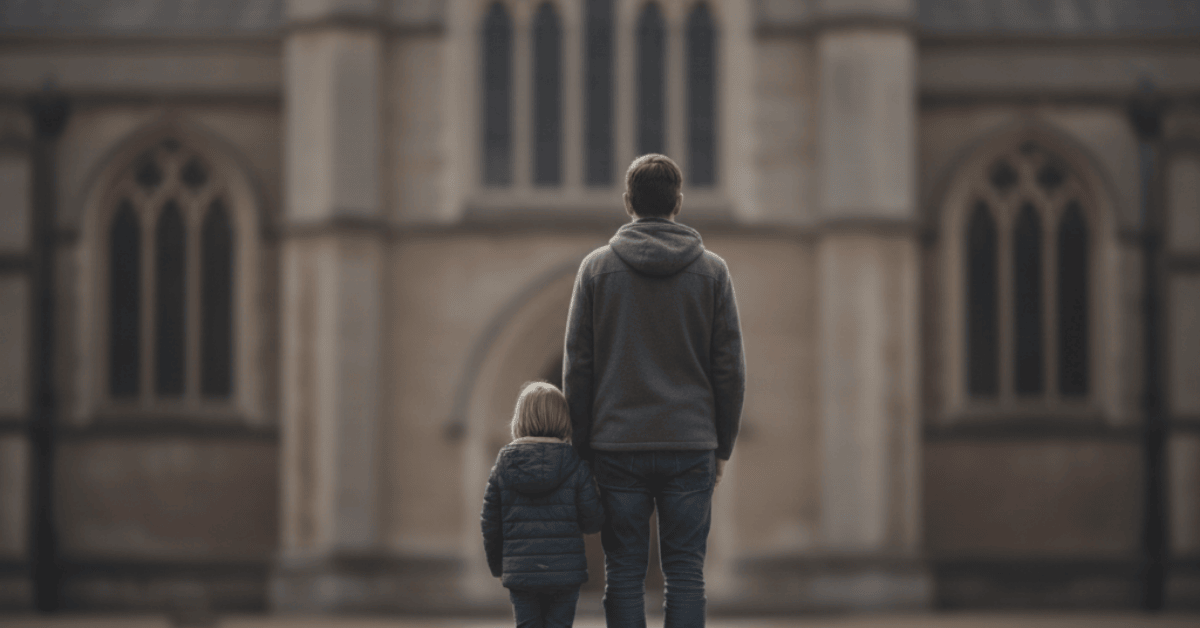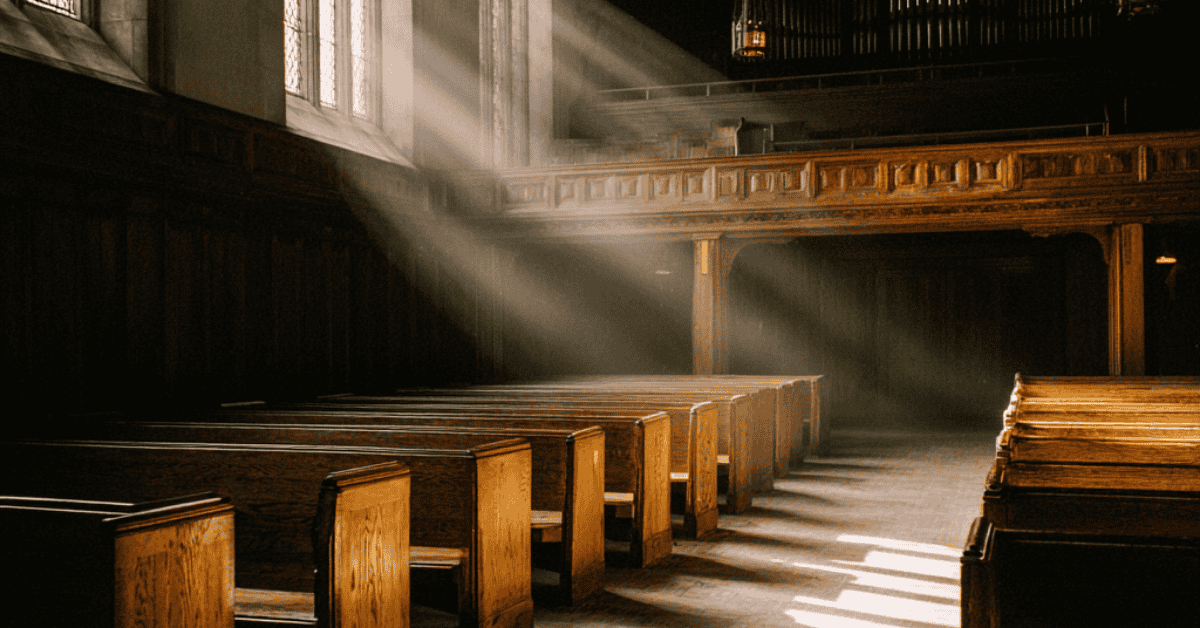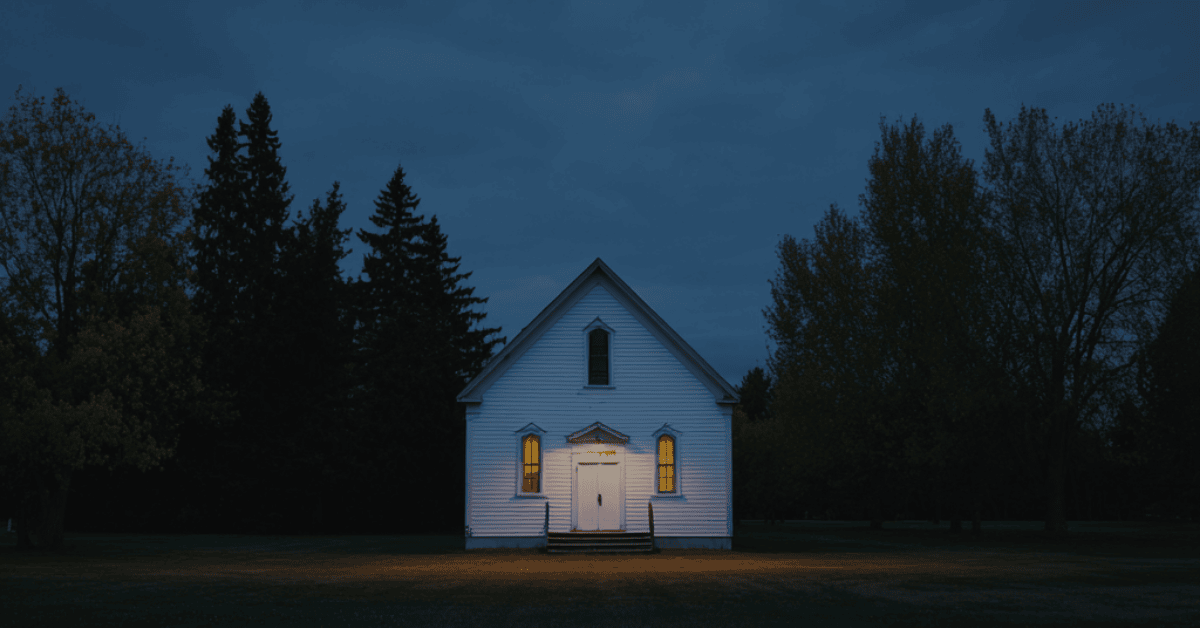Can I Protect My Child Without Making Everything Public?
When a parent learns that their child has been sexually abused, one of the first instincts is to protect them from more pain. But right after that comes a haunting fear: “What if everyone finds out?”
We’ve heard this question countless times. Parents want justice, but they also want privacy. At Gillispie Law Firm, we help families navigate both — holding abusers accountable while shielding survivors from unnecessary public exposure.
The truth is, pursuing a legal case does not mean your child’s story becomes public knowledge. Arkansas law allows several layers of protection for survivors and their families, and with the right legal strategy, it’s absolutely possible to move forward quietly and safely.
Understanding How Confidentiality Works in Abuse Cases
In child sexual abuse cases, confidentiality isn’t a courtesy — it’s a legal right. Courts recognize that survivors, especially minors, deserve protection from public scrutiny.
When we take on these cases, we start by explaining exactly how the privacy process works. Under Arkansas law, judges can seal records, restrict public access to case files, and allow initials or pseudonyms in place of a child’s full name.
These legal options are designed to protect a survivor’s identity, especially in cases where the abuse occurred within a community, school, or church.
Families often don’t realize how many privacy safeguards already exist until we walk them through them.
Our practice areas include child sexual abuse litigation, which means we routinely request sealed filings, private hearings, and protective orders. We’ve seen firsthand how these tools prevent victims’ names or details from being searchable or visible to the public.
Can You Stay Anonymous in a Sexual Abuse Case?
Many parents ask, “Can we stay anonymous if we file a lawsuit?”
The answer depends on the details of your case — but in Arkansas, the court has discretion to allow it.
When the survivor is a minor, their name will not appear in public filings. In adult survivor cases, a pseudonym such as “Jane Doe” or “John Doe” can often be used if revealing their identity could cause further trauma.
Even if the case reaches trial, judges can limit what’s shared in open court. Most of the time, settlements are confidential — meaning your child’s name and story remain private while accountability still happens behind the scenes.
A “confidential lawsuit” simply means that your child’s identity is protected by law while we pursue justice on their behalf. It’s one of the most powerful tools we have to balance privacy and protection.
The Emotional Weight of Public Exposure
Parents carry enormous guilt for things that were never their fault. Many hesitate to reach out because they fear judgment — from relatives, teachers, church members, or even other parents.
We understand that fear. We’ve represented families from small towns where “everyone knows everyone.” In those cases, privacy matters just as much as justice.
The thought of your child’s name appearing in the news can be unbearable. That’s why our firm takes proactive steps to prevent that from happening. Every document we file is carefully reviewed for identifying details. Every conversation is kept confidential.
You don’t have to choose between protecting your child’s privacy and holding an abuser accountable. You can — and deserve to — have both.
If you’re still wondering whether waiting could make the case harder to prove, you may find reassurance in our post on why it’s not too late to report childhood sexual abuse in Arkansas. Justice has no expiration date, especially when a child’s safety is involved.
What Privacy Really Looks Like During the Legal Process
From the very first phone call, our process is built around confidentiality.
Here’s how we protect your family step-by-step:
- Private Consultations: Every conversation you have with us is covered by attorney-client privilege. Nothing you say leaves our office without your permission.
- Careful Case Intake: We gather sensitive information discreetly — often over the phone or secure email — so you don’t have to walk into a courthouse unprepared.
- Anonymous Filings: When allowed, we use initials or pseudonyms in public records.
- Sealed Court Documents: We petition to seal any evidence that could identify your child.
- Confidential Settlements: Many civil cases resolve privately without ever going to trial, keeping every detail sealed.
This structure gives you breathing room to focus on your child’s recovery without fearing who might find out.
The Role of Confidential Settlements
Some families ask whether settling means “hiding” what happened. We see it differently — as a form of protection and closure. Confidential settlements can spare survivors from public cross-examination and retraumatization while still holding the responsible party accountable.
In these cases, the wrongdoer faces real financial consequences, but your child’s name never appears in a headline. That’s not silence — it’s safety.
Healing in Silence — and When to Speak
Not every survivor wants to tell their story publicly, and that’s okay. Healing looks different for everyone. Some find strength in speaking out; others find peace in quiet resolution.
For parents supporting a child or teen, the goal isn’t to force a choice — it’s to create space where that choice is respected.
We’ve seen many survivors struggle with guilt for staying silent, especially men. You might want to read our post on what male survivors struggle with to understand how privacy can play a crucial role in their healing journey.
Protecting privacy doesn’t mean ignoring trauma — it means creating a safe environment where recovery is possible without public exposure.
Legal Protections Unique to Arkansas
Arkansas courts take confidentiality in child sexual abuse cases seriously. For minors, identifying information is automatically redacted. State law also allows judges to exclude the public from hearings involving sensitive evidence or testimony.
Even if the abuse occurred years ago, the Arkansas Civil Statute of Limitations for Sexual Abuse gives survivors extended time to come forward. Many cases filed under the Child Victims Act proceed quietly, with the survivor’s identity sealed throughout the process.
This combination of extended deadlines and privacy protection makes Arkansas one of the more compassionate states for survivors seeking both justice and safety.
The Courage to Take the First Step
Protecting your child from further harm begins with one confidential conversation. We’ve guided parents who were terrified of exposure — and watched them breathe easier once they learned how much protection the law provides.
You don’t have to face a courtroom tomorrow. You don’t have to tell your story to the media. All you need to do is reach out. Every discussion you have with our team is private and judgment-free.
When you’re ready, you can contact us through our confidential consultation form to learn how we can help protect your child’s future without making everything public.
Final Thoughts
We believe that justice and privacy can coexist. Your child’s name doesn’t have to be part of the story for the truth to matter. Whether through sealed filings, anonymous lawsuits, or confidential settlements, there are paths to accountability that respect your child’s safety and dignity.
If you’ve been holding back out of fear of exposure, please know this: silence is not your only option, and privacy is not your enemy. With the right legal team, you can pursue justice — quietly, safely, and on your family’s terms.



